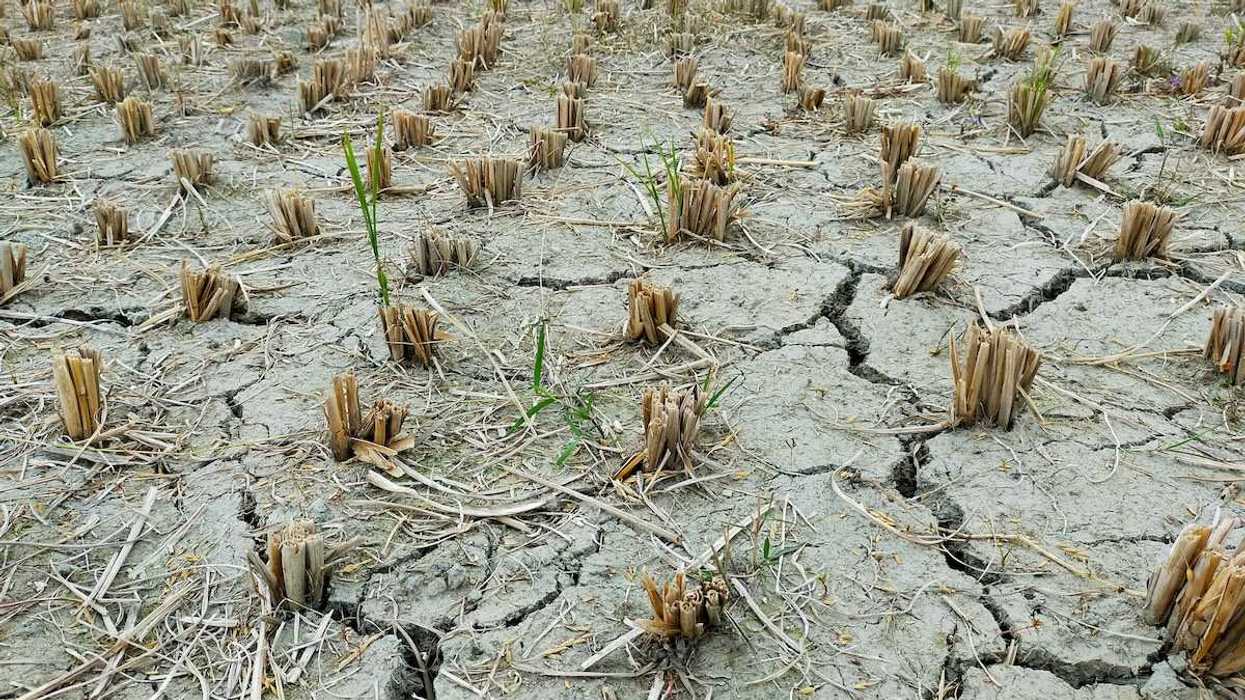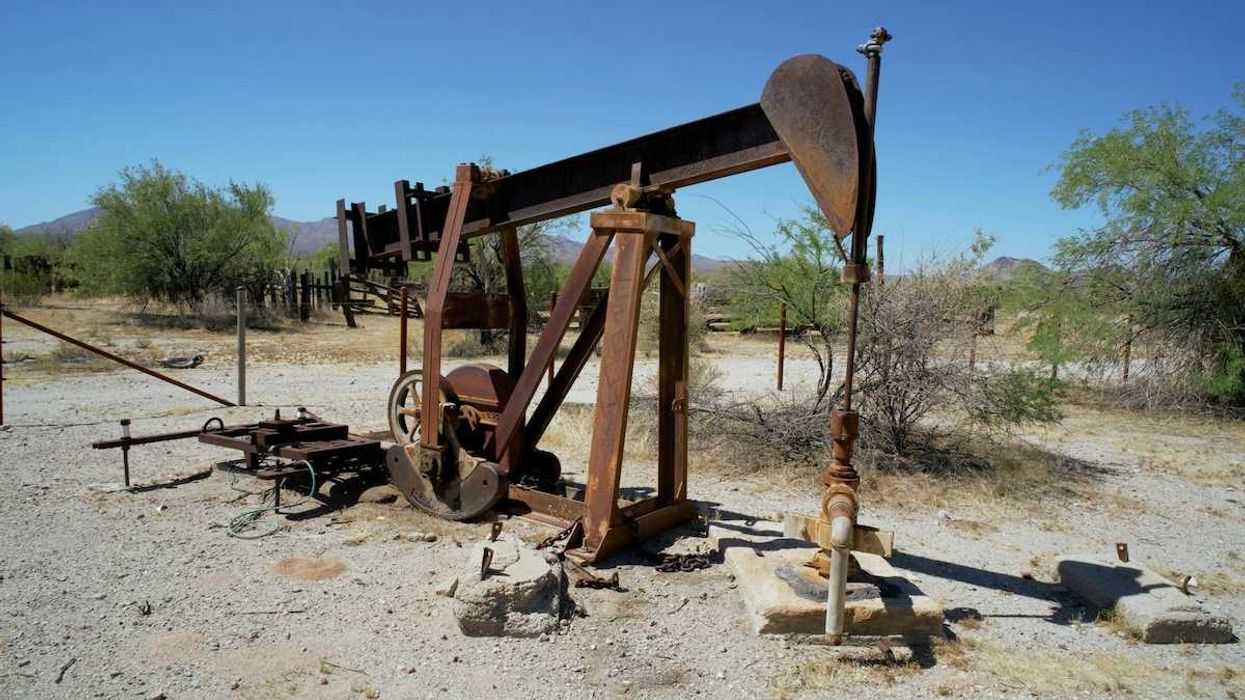More than 400 residents in Salisbury, Maryland, say their health and homes have been upended by PFAS contamination in their water, which they blame on wastewater discharges from a nearby Perdue Agribusiness soybean plant.
Shannon Kelleher reports for The New Lede.
In short:
- Salisbury residents are suing Perdue Agribusiness, alleging its soybean plant contaminated local drinking water with PFAS — synthetic “forever chemicals” linked to cancers, liver disease, and other health problems.
- Maryland regulators named Perdue a “responsible person” in 2024 after finding PFAS contamination in groundwater and surface water near its facility, though Perdue denies definitive responsibility and cites other potential sources.
- The company has tested hundreds of homes, installed filtration systems, and provided bottled water, but residents say the response came too late and fear long-term health effects and declining property values.
Key quote:
“We feel like we’re victims and yet there’s nothing we can do about it.”
— Dave Freese, Salisbury resident
Why this matters:
PFAS contamination is a public health crisis that’s drawing increasing scrutiny across the U.S. and around the world. These chemicals accumulate in soil, water, and the human body, making exposure difficult to reverse. Rural communities near processing plants or farms that use PFAS-contaminated sludge often face the brunt of this legacy pollution without early warning or clear accountability. Even with filtration systems, residents may remain exposed through past consumption or environmental exposure, and ongoing cleanup efforts are often slow, expensive, and politically fraught. Salisbury’s experience mirrors broader national concerns over weak chemical regulation and corporate responsibility in safeguarding drinking water.
Read more: Perdue delayed public notice of PFAS contamination in Maryland city's groundwater














